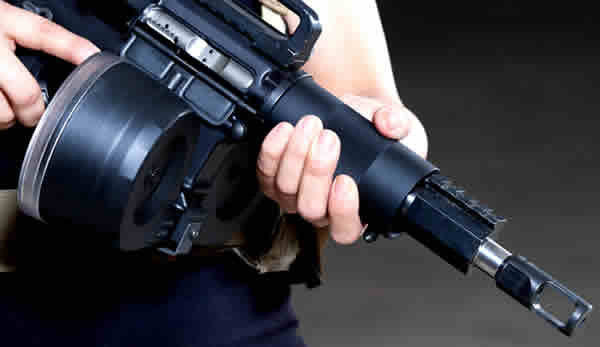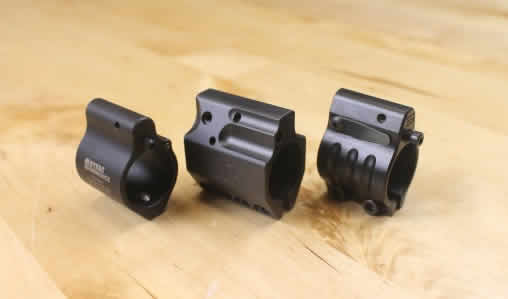
Leupold Scopes – Quality In View
[su_heading size=”30″]Leupold Blends High Capacity With Quality, State-of-the-art Recycling To Produce Top Optics[/su_heading]
STORY AND PHOTOS BY TROY RODAKOWSKI
[su_dropcap style=”flat” size=”5″]T[/su_dropcap]he Leupold & Stevens factory in Beaverton, Ore., just west of Portland, stands on the far edge of a grassy, wooded hill at the end of a long, curving driveway, and the distance from the public street to the front door is just far enough to put one of their popular riflescopes or range finders to the test.
Standing at the sign out front, the headquarters could be taken for a small college or public library. Instead, this unassuming facility houses a beehive of activity in a multistory structure that cuts deeply down and into the hill, making the factory much larger – and more secure – than it appears. Despite its humble appearance, the campus supports more than 650 employees.
I recently visited Leupold for a tour courtesy of Dave Domin, one of the company’s marketing and communication specialists. My visit encompassed the entire production process from beginning to end and included a review of their state-of-the-art recycling program.
Each year, Leupold uses enough raw T6061 and T7075 aluminum that, if laid end to end, it would stretch from Beaverton to Chicago. Due to a close partnership with INDEX, one of the world’s premium machine tool builders, they have the largest installation of that company’s products west of the Mississippi. All 45 machines are customized to a specific manufacturing need.
But despite the high volume, nothing at the facility goes to waste. The use of strike-forged steel and near-net-shape parts saves time and trash, but Leupold also boasts one of the best recycling programs in the West, as aluminum chip waste is systematically formed into “pucks.” These pucks, worth three times more than loose aluminum chips, are shipped back to fabricators and are in turn melted down and reformed into new bar stock to be used again.

In addition, the companywide recycling program includes coolant, paper, cardboard, wood and batteries.
The base-and-ring-manufacturing section of the factory produces 440 different bases designed to fit more than 380 unique firearms. More than a million bases are manufactured per year, representing nearly 40,000 base-and-ring combinations.
Leupold’s Custom Shop was founded in 2005, and leads the industry in custom exterior color and patterns, reticles, adjustments, engraving and more. Custom engraving is always available, with all markings on scopes made by high-speed laser. In addition, the company laser engraves more than 15,000 custom dials a year, with more than a million different custom combos available.
The company boasts nine unique assembly lines incorporating more than 200 individual parts per scope. Continuous quality checks spaced throughout the process ensure no defect is passed along. All scopes are strenuously tested using live fire before departing the factory, and are pressure tested to ensure that the finished product meets the highest industry standards.

All scope and optic assembly and testing occurs in climate-controlled “clean rooms” free from dust and other organic particles that could possibly affect the performance of their product, and every employee working in this part of the facility wears a protective suit over their clothing. Anyone who has used Leupold optics knows they are dependable, durable and stand up alongside the top names in the business. I use a Leupold scope that was constructed in the 1960s, and this “outdated” instrument still ensures that one of my .308 rifles drives tacks at 100 yards.

With a product service team representing more than 300 years of experience, Leupold continues to repair scopes dating back to the late 1940s, and if they aren’t able to repair them, they will replace them with an equivalent current model in an average turnaround time of just seven days. Their services include reticle changes, adjustment upgrades, cleaning and inspecting, among many other things. In addition to their Beaverton plant, Leupold has international repair facilities in Canada, Australia, Sweden and Germany, and these five service nearly 40,000 products annually. Each year, team members respond to 145,000 phone calls, 48,000 emails and process 47,000 product orders.

With top-of-the-line products supported by exceptional service, it’s no mystery why Leupold scopes, binoculars, range finders, spotting scopes and other optics remain some of the most respected on the market. ASJ



